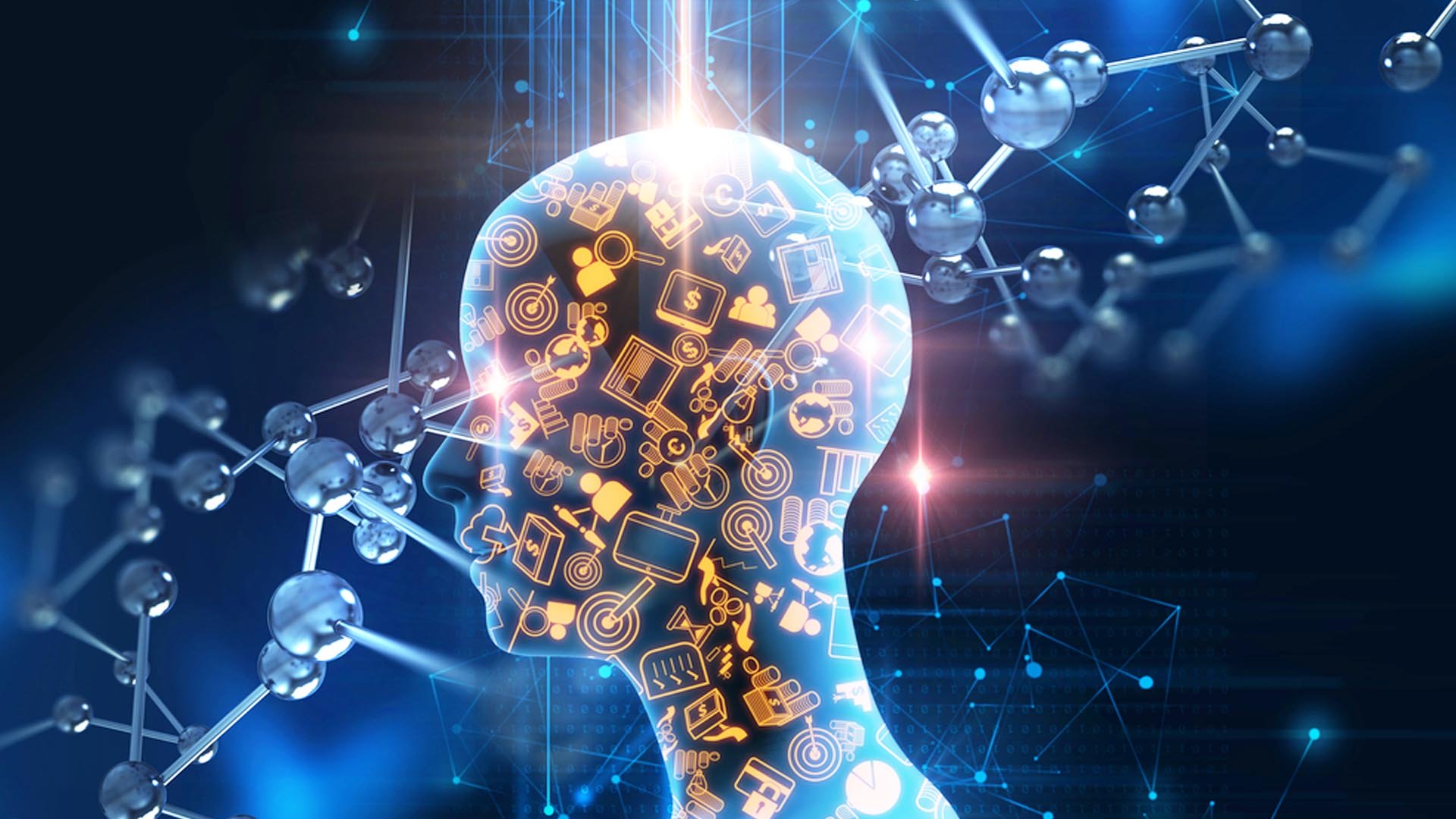The Rise of AI: Exploring the Future of Technology
The Rise of AI: Exploring the Future of Technology
Blog Article

Artificial intelligence, often referred to as AI, has become a ubiquitous term in today's technological landscape. Its rapid development and integration across various industries have sparked a wave of excitement and curiosity about the future possibilities it holds. This transformative technology has the potential to revolutionize the way we live, work, and interact with the world around us.
From self-driving cars to voice-activated virtual assistants, AI has already made significant strides in enhancing efficiency and convenience in our daily lives. By mimicking human intelligence and learning capabilities, AI algorithms can process vast amounts of data, identify patterns, and make autonomous decisions with remarkable speed and accuracy. As we delve deeper into the realm of artificial intelligence, the possibilities seem both endless and awe-inspiring.
Current Applications
Ai Search
In today’s world, artificial intelligence is being utilized in a myriad of applications across various industries. In healthcare, AI is revolutionizing medical diagnosis and treatment planning by analyzing patient data to provide more accurate insights. Additionally, AI-powered chatbots are enhancing customer service experiences by providing real-time assistance and personalized recommendations.
The automotive industry is also harnessing AI technology to develop self-driving cars, aiming to improve road safety and reduce traffic congestion. Companies like Tesla are at the forefront of this innovation, incorporating AI algorithms to enable vehicles to make decisions based on real-time data and environmental factors.
Furthermore, AI is transforming the retail sector through personalized shopping experiences and targeted marketing strategies. E-commerce platforms use AI algorithms to recommend products to customers based on their browsing history and preferences, leading to higher customer satisfaction and increased sales.
Challenges Ahead
As we navigate the uncharted territory of artificial intelligence, one of the critical challenges facing us is the ethical implications of AI integration into various aspects of our lives. Ensuring that AI systems are designed and used in a way that upholds values such as transparency, accountability, and privacy is paramount to building trust in this rapidly evolving technology.
Another major challenge on the horizon is the potential disruption to the job market due to the automation of tasks currently performed by humans. While AI can streamline processes and boost productivity, there is a growing concern about the displacement of workers in traditional industries. It will be crucial to find ways to reskill and upskill the workforce to adapt to the changing demands of the digital economy.
Additionally, the issue of bias in AI algorithms poses a significant obstacle to the widespread adoption of artificial intelligence. Biases inherent in the data used to train AI models can result in discriminatory outcomes, perpetuating inequalities in society. Addressing these biases through rigorous testing, diverse dataset representation, and ongoing evaluation will be essential to harnessing the full potential of AI for the benefit of all.
Ethical Considerations
Artificial intelligence presents a myriad of ethical dilemmas, particularly in the realm of data privacy and security. As AI systems collect vast amounts of personal information, concerns arise regarding the protection of individuals' private data. It is crucial for organizations and developers to prioritize data security and implement robust measures to safeguard against breaches and misuse.
Another ethical consideration is the potential impact of AI on employment and the workforce. As AI technology advances, there is a growing fear of automation leading to job displacement and widening economic disparities. Strategies must be devised to address the societal implications of AI-driven automation, ensuring that individuals are not left behind in the rapidly changing technological landscape.
Moreover, ethical concerns surround the use of AI in decision-making processes, especially in critical sectors such as healthcare and criminal justice. The reliance on AI algorithms to make crucial determinations raises questions about accountability, fairness, and transparency. It is essential for stakeholders to establish ethical guidelines and framework to govern the ethical use of AI systems, mitigating bias and ensuring responsible AI deployment.
Report this page